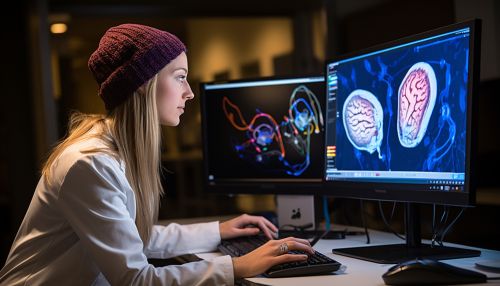The Science of Human Cognitive Flexibility in Aging
Introduction
Human cognitive flexibility refers to the ability of an individual to switch between different tasks or thoughts, or to adapt to new, different, or changing tasks. This ability is a fundamental aspect of executive functions, a group of cognitive processes that are necessary for the cognitive control of behavior. Cognitive flexibility is often measured by task-switching paradigms, where individuals are asked to switch between different tasks or mental sets.

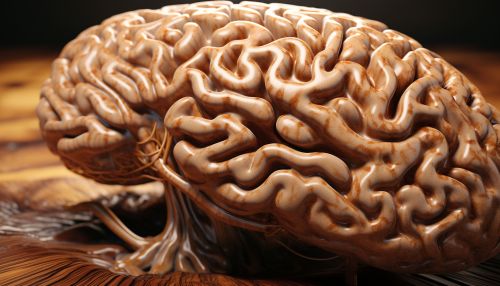
Cognitive Flexibility and Aging
As individuals age, they often experience a decline in cognitive flexibility. This decline is associated with changes in the brain, particularly in the prefrontal cortex, which is involved in executive functions. Aging is also associated with changes in the brain's white matter, which is important for communication between different brain regions. These changes can lead to slower processing speed, reduced working memory capacity, and decreased cognitive flexibility.
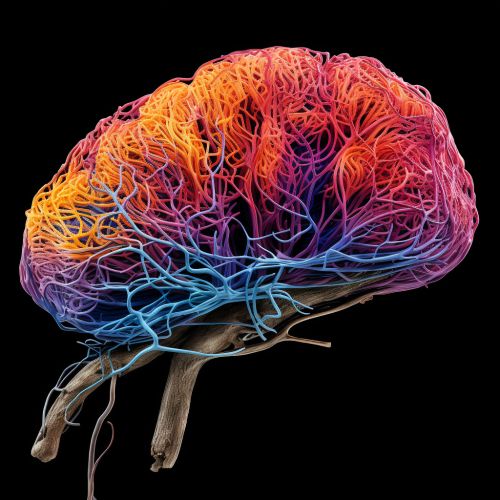

The Science Behind Cognitive Flexibility in Aging
Research in the field of cognitive neuroscience has provided valuable insights into the science of cognitive flexibility in aging. Neuroimaging studies have shown that older adults often show different patterns of brain activation compared to younger adults when performing tasks that require cognitive flexibility. These differences in brain activation may reflect compensatory mechanisms, where older adults recruit additional brain regions to compensate for age-related declines in cognitive function.
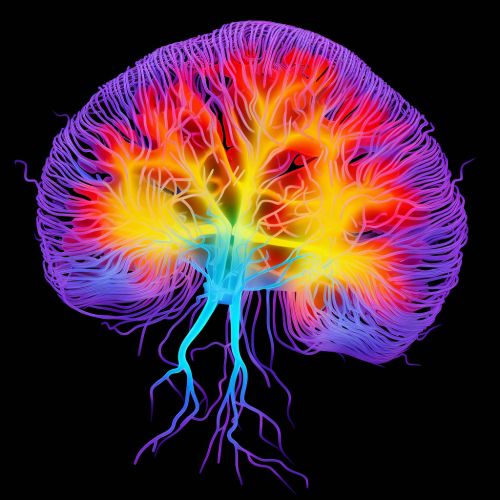
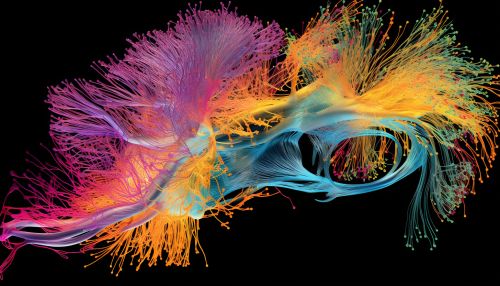
Factors Influencing Cognitive Flexibility in Aging
Several factors can influence cognitive flexibility in aging, including genetics, lifestyle factors, and cognitive reserve. Genetics can influence the rate of cognitive decline, with certain genetic variants associated with a slower decline in cognitive flexibility. Lifestyle factors, such as physical activity and cognitive engagement, can also influence cognitive flexibility. Cognitive reserve, or the brain's ability to compensate for age-related changes, can also play a role in cognitive flexibility in aging.


Strategies to Enhance Cognitive Flexibility in Aging
There are several strategies that can be used to enhance cognitive flexibility in aging. These include cognitive training, physical activity, and healthy lifestyle habits. Cognitive training programs, which involve structured exercises designed to improve specific cognitive functions, have been shown to improve cognitive flexibility in older adults. Physical activity, particularly aerobic exercise, has also been associated with improvements in cognitive flexibility. Healthy lifestyle habits, such as a balanced diet and adequate sleep, can also contribute to cognitive flexibility.

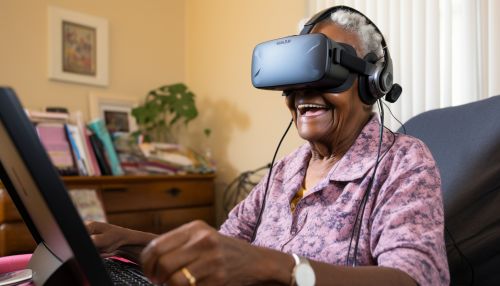
Future Directions in the Study of Cognitive Flexibility in Aging
Future research in the field of cognitive flexibility in aging is likely to focus on several key areas. These include the development of more effective cognitive training programs, the identification of biomarkers for cognitive decline, and the investigation of the underlying neural mechanisms of cognitive flexibility. Advances in neuroimaging technology and genetic research are likely to play a key role in this research.

